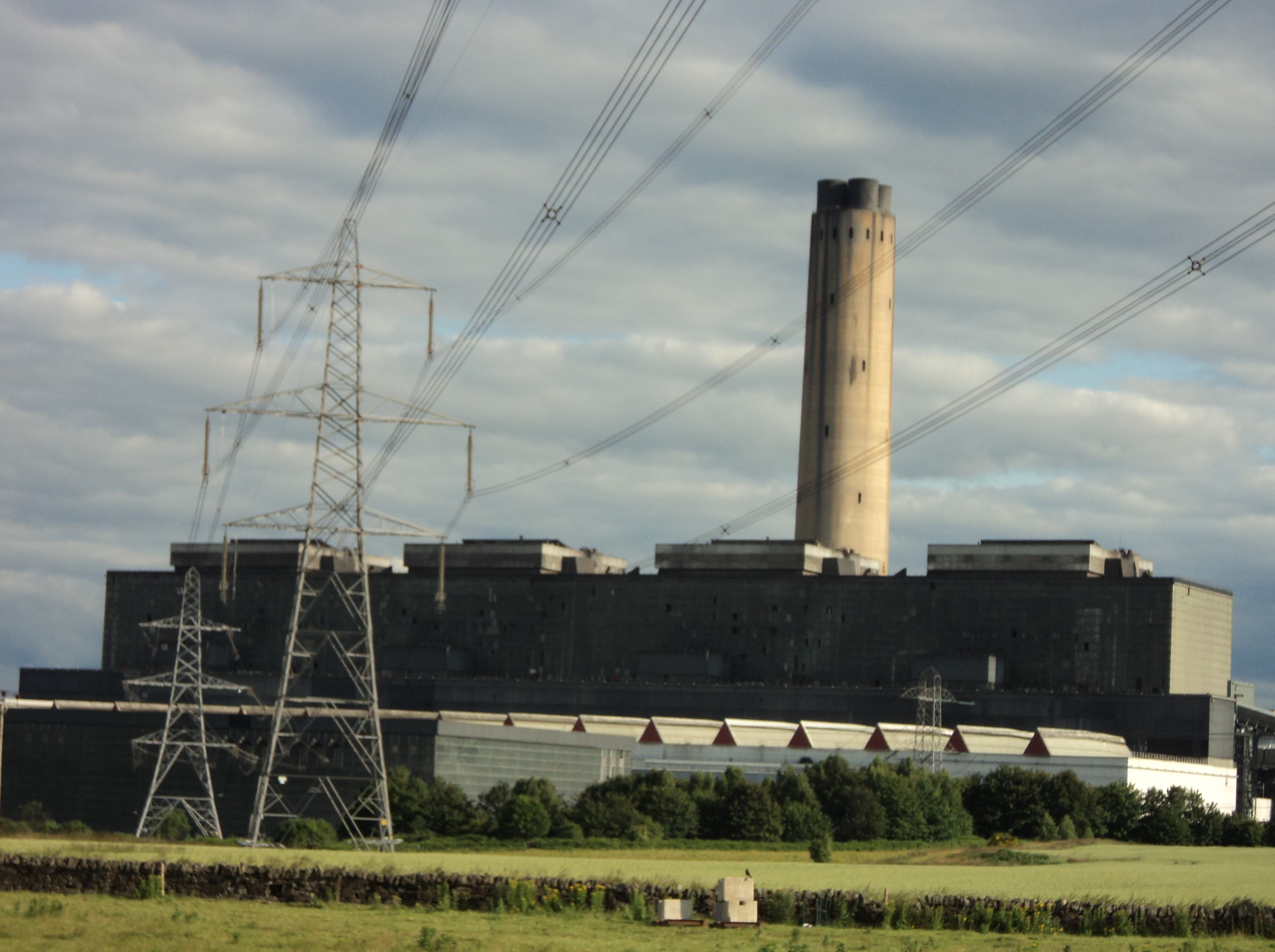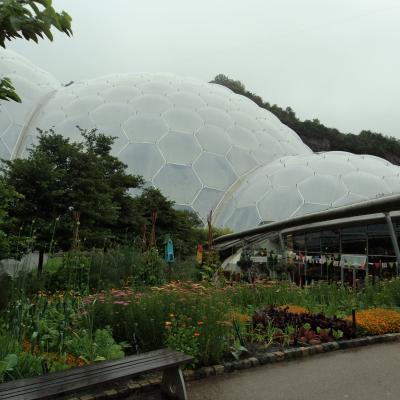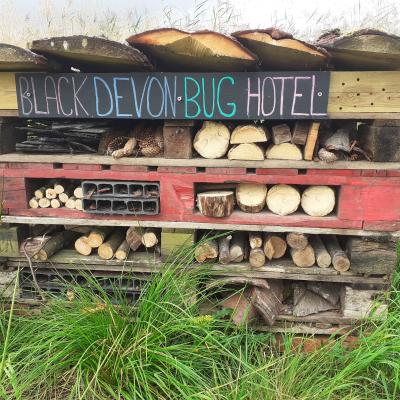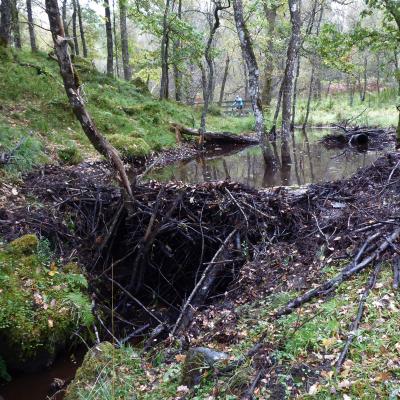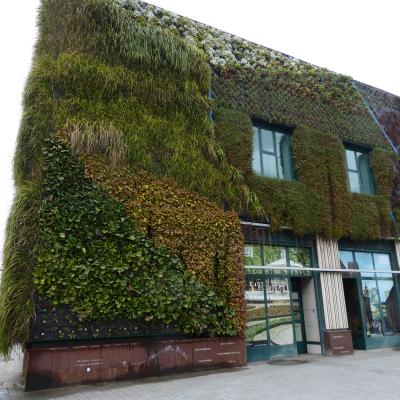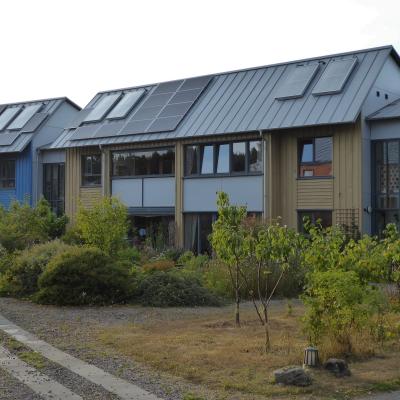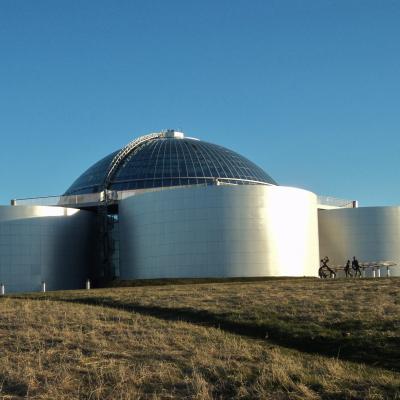My thoughts on why things might be even worse if there was no greenhouse effect.
I was taking our Carbon Literacy course at work and was reminded that without the natural greenhouse effect there would be no life. Planet Earth would be frozen with an average temperature of -15oC. This got me thinking, what else has the greenhouse effect done for us?
For this blog, imagine if you can, that our lifestyles did not add greenhouse gases to the atmosphere. Nothing else changes; we still burn fossil fuels and alter the landscape, but none of these heats up the planet. What are the implications?
Firstly, there would be no United Nations climate conferences and no Climate Change Act in the UK. And no pressure to work together to change so many things.
We would still be burning coal in power stations to generate electricity. Arguments would rage between importing cheap coal and maintaining deep mines in the UK. Miners would continue to work in dangerous conditions with accidents and ill health. There would be planning disputes over huge opencast coal mines in the countryside. Air pollution would be worse. No wind farms.
Oil consumption would soar as there would be less pressure to impose fuel efficiency standards and taxes on fuel would be lower so people would travel more. People would choose to live further from work, our suburbs would expand even further. There would be an expensive road building programme in an attempt to reduce congestion, but of course new roads, generate ever more traffic. There would be no electric cars. Air pollution in our cities would be worse.
Our built environment would be even more car dominant, with more car parks, fewer cycle lanes and less pedestrian friendly streets. We would be lazier with less cycling and walking. Our health would deteriorate.
Our reliance on burning gas to heat our homes and businesses would be even more dominant. Most gas would be imported, often from politically unstable parts of the world. The price would fluctuate. There would be no heat pumps. New houses would still be built cheaply, with inadequate insulation, whilst older homes would remain draughty. Our heating bills would be higher, with more fuel poverty.
Our electricity bills would be higher because the EU would not have regulated to improve the energy efficiency of appliances such as fridges and freezers. LED lightbulbs would be a rarity. We often forget how regulations to address climate change also have wider benefits for us.
More waste of all sorts would be disposed of at landfill, leading to planning applications to open new landfill sites. Food waste would continue to be dumped in landfill and there would be less pressure on local authorities to offer recycling services. With less recycled materials available, even more resources would have to be quarried, mined, processed, and manufactured – often imported from overseas.
Exciting innovations directed at a cleaner, better planet would not progress, or certainly not as quickly. Offshore wind turbines, solar power, efficient batteries, low temperature washing powders, LED light bulbs…….
There would be no taxes on flights, and no guilt from flying. Communities across the UK would be fighting airport expansion plans, local noise and air pollution. Long distance train services would be cut. Our trains would all burn diesel, our railway stations would be pollution hot spots.
There would be less pressure on governments to reduce rates of deforestation. There would still be the issue of loss of biodiversity, but wealthy countries are more interested when they realise that tropical deforestation affects global climate. In the UK, there would be no tree planting targets, and consequently fewer forests.
Few would care about the loss and damage to critical ecosystems. Our lowland peatlands would be mined for garden peat, our upland peatlands would continue to erode causing more water pollution. Seagrasses and mangroves would be removed even faster. A powerful argument to restore lost ecosystems would be lost. Biodiversity would decrease.
More people would eat even more meat. Beef and dairy consumption would increase. More forest would be cut down to make way for cattle pasture and to grow soya to feed cattle. Waste manure from cattle and factory farming would cause more water pollution. There would be fewer grants for nature restoration on farms and therefore fewer hedges, ponds, wildflowers, trees. Our soils would be even more exhausted through the unabated application of carbon intensive fertiliser, pesticides and weedkillers.
Conclusion
I would suggest that if we didn’t have a climate change issue then we would still be hurtling towards any number of other environmental crises. Climate change is forcing us to do so many new things, much of which have wider benefits in the form of tackling excess consumption, air and water pollution, biodiversity and have health benefits. Climate change is forcing society to think about the issues of overconsumption, resources use, waste and biodiversity loss. It is acting as an emergency break. Without its global impacts, much of the clean technology that we see today would not have been developed, or certainly not as quickly.
Clearly climate change is not a good thing, but we can and must use it as a catalyst to develop a cleaner, fairer, healthier, and more biodiverse world.
If you like this blog, please share it with your friends and on social media.
My blogs now feature on Feedspot as one of the best 45 global climate blogs and websites. Please take a look.
https://blog.feedspot.com/carbon_blogs/
Carbon Choices
Don’t miss my future blogs! Please email me at This email address is being protected from spambots. You need JavaScript enabled to view it. and I will send you each new blog as I publish them.
You might also enjoy my book, Carbon Choices on the common-sense solutions to our climate and nature crises. Available direct from me here. I am donating one third of profits to rewilding projects.
Follow me:
@carbonchoicesuk (twitter) @carbonchoices (Facebook) @carbonchoices (Instagram)
@carbonchoices (Instagram)
